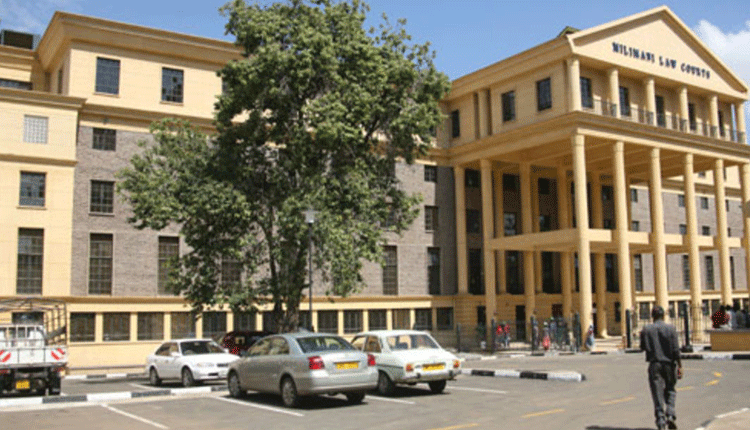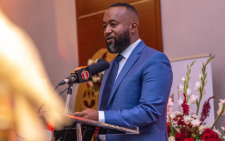Giving great speeches a title is acceptable, Prof Osogo

Two weeks ago, the Dean, Kabarak Law School, Prof John Osogo apologised to the university community for titling an introductory speech during an inaugural lecture by former Chief Justice Dr Willy Mutunga.
He had named his introductory speech ‘The Leopard has Given Birth’, noting the unique nature of the occasion, saying it was as auspicious as a leopard giving birth.
Citing Luhya mythology, he recalled his mother saying, whenever a leopard gives birth, it is marked by sunshine and rain at the same time.
Normally, speeches don’t have titles, unlike novels, poems, plays and nonfictional works. I believe it is this that made the young dean feel reluctant about giving his speech a title.
However, the history of rhetoric shows many speeches have titles. The speeches were originally so named or popular opinion gave them titles based on certain aspects of the speeches.
Political and religious history is dotted with such speeches with definite titles. We have ‘Pericles Funeral Oration’. There’s Abraham Lincoln’s ‘Gettysburg Address’ and Martin Luther King Jr’s ‘I have a Dream’ speech.
There is President Woodrow Wilson’s ‘The Fourteen Points’ that helped define the period after the Word War I and II.
There is Nelson Mandela’s ‘I am Prepared to Die’ speech, which he gave April 20, 1964 from the dock of the defendant at the Rivonia Trial.
German Chancellor Otto Von Bismarck gave us ‘The Blood and Iron’ speech. Then there is Barack Obama’s ‘Yes we Can’ speech he made after winning the US presidential election of 2008.
Fictional works—novels, plays and poetry—have equally incisive speeches with titles on them. William Shakespeare has given us memorable speeches with distinct titles. We have ‘To be or Not to be’ from Hamlet and ‘Tomorrow, tomorrow, and tomorrow’ from Macbeth .
Sadly, Kenyan politicians don’t take as much interest in the public speaking engagements to prepare memorable utterances. They also hardly preserve and publish some of the good speeches some of them have made—for future reference and for posterity.
I have in mind for example, Tom Mboya who is reputed to have been a very good orator. His speeches are not as readily available. Older Kenyans saw how a powerful public speaker late Vice President Wamalwa Kijana was. I particularly remember his stirring speech at the burial of first Vice President Jaramogi Oginga Odinga in 1994.
Wamalwa quoted a line from Oliver Goldsmith’s poem The Deserted Village, talking about the Grand March to State House. For a short period, it was referred to as the ‘Grand March’ speech in the newspapers.
And we have the famous two-word speech that Raila Odinga made in 2002: The ‘Kibaki Tosha’ speech!
Speeches can and do have legitimate titles. A speaker who meets the demands of the rhetorical moment—the demands of the occasion—he can perfectly give a title to his speech or an audience can, over time, give a name to it—picking striking words from the speech or from the symbolic character of the place the speech is made.
Prof Osogo should take comfort in the fact that in daring to give a title to his speeches in future, he is in good company. He is in the company of those who know the central place speeches make in a society: to communicate information, to persuade an audience, to challenge assumptions an audience have about certain things dear to the speakers. To lift and calm down people when occasions demand.
An appropriate response to the situation or the emergency, involves clear thinking and clarity of thought in words—about the promises and constraints at stake. Such will almost always give forth an utterance, a speech with a name or a title.
— The writer is the Communications Officer, Ministry of Education












